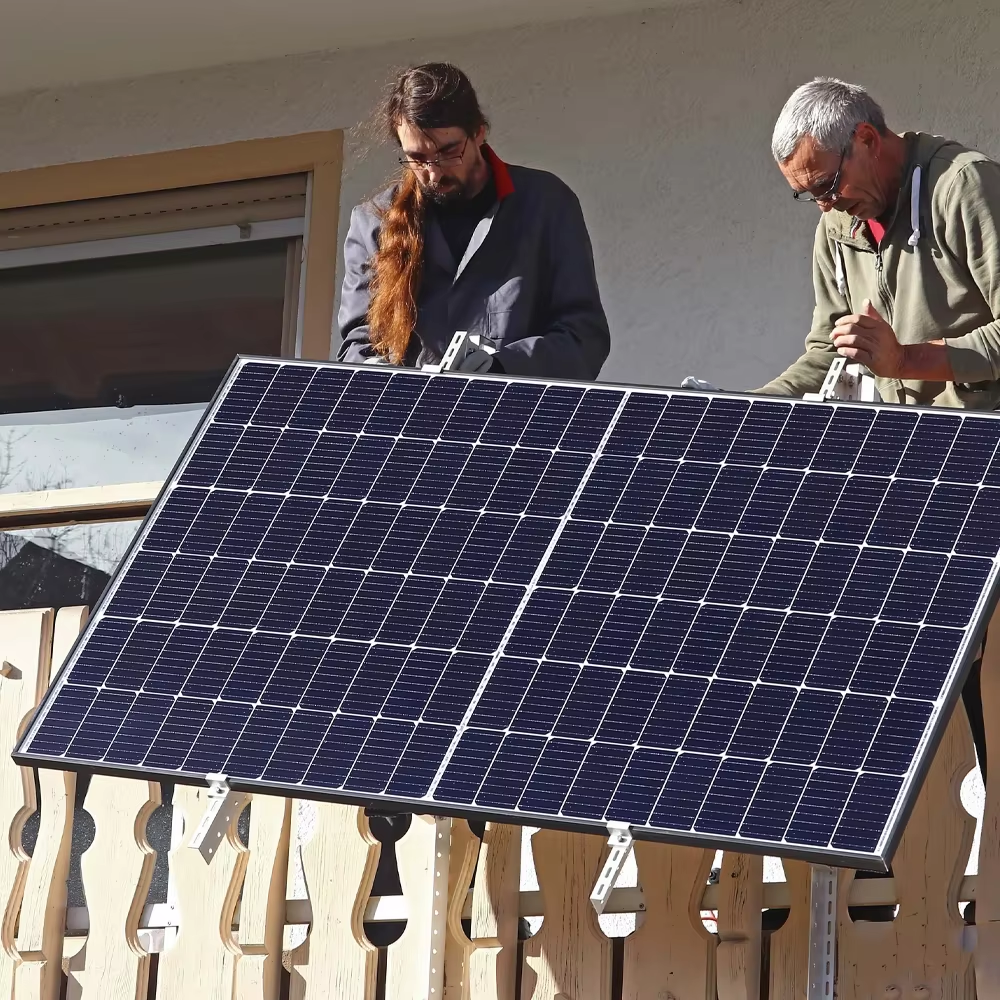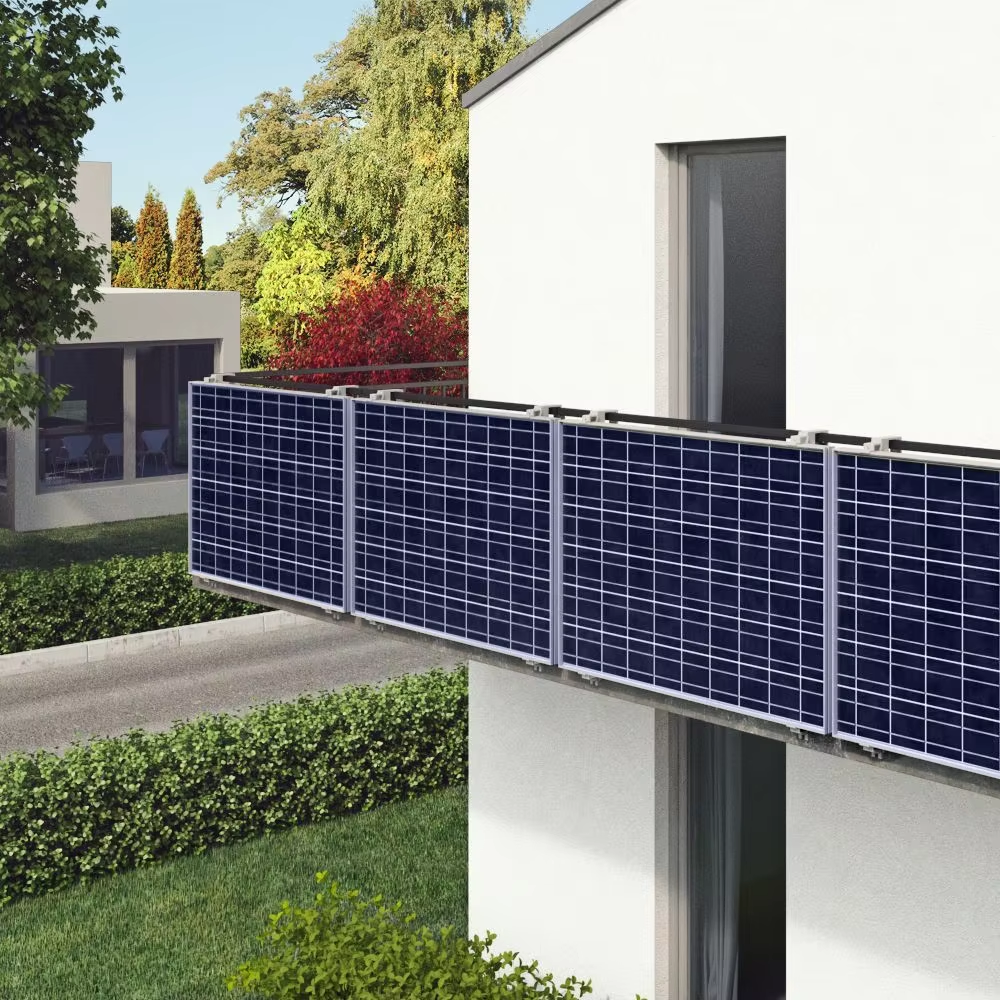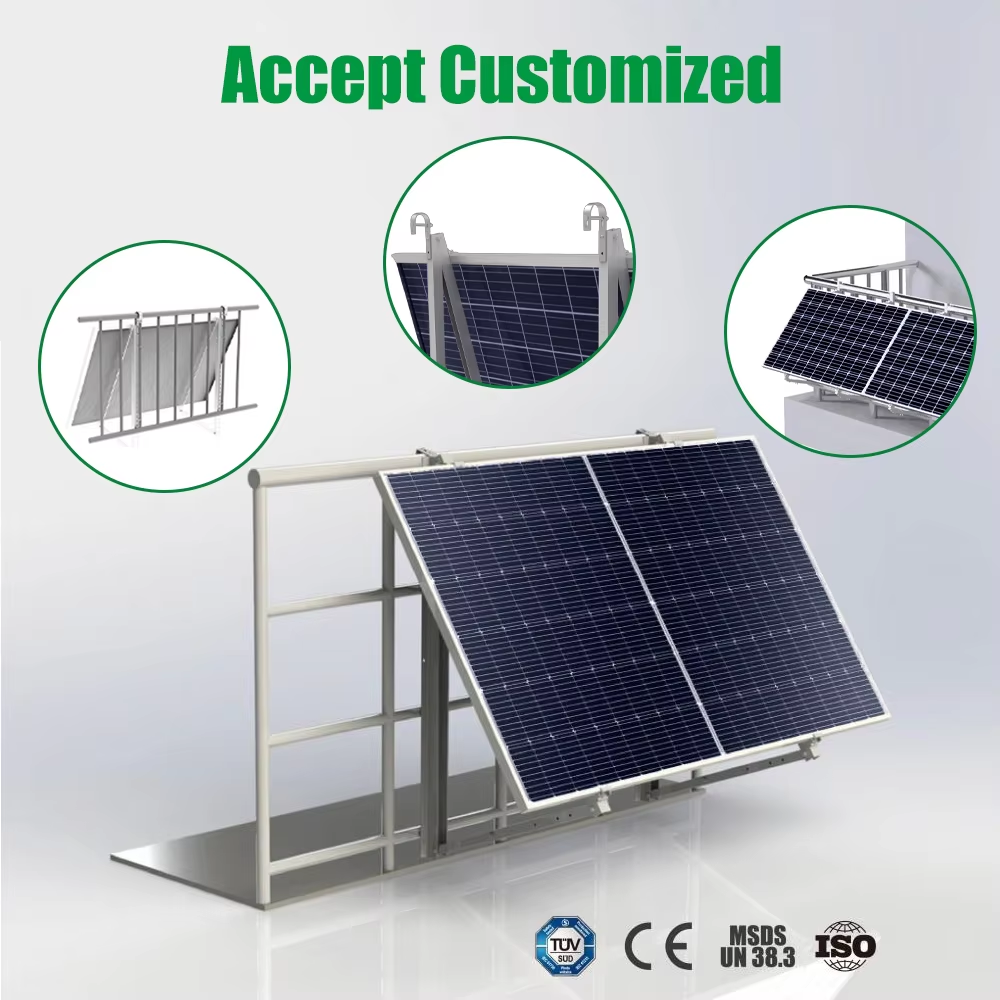How do you select dependable companies for the wholesale purchase of solar panels? The purchase of wholesale solar panels is crucial for companies like solar installers, project developers, and distributors—since quality solar panels have a direct impact on the effectiveness of a project, level of customer satisfaction, and profitability in the long run. Working with an unreliable supplier can result in late deliveries, low-quality panels, and inadequate after-sales support, all of which have a substantial impact on the bottom line. Avoiding Those consequences fingers in a reliable supplier. This article contains practical steps to help you identify a wholesale supplier of solar panels with a proven track record.

Checking certificates and compliance with international standards are the first benchmarks when considering a wholesale supplier. Suppliers will get their solar panels certified by a recognized institution such as the IEC (IEC 61215, IEC 61730), UL (UL 9540), TÜV, and ISO 9001. Such certificates provide guarantees that the panels will function, be safe, and will last for a long time without issues. For instance, panels will be weatherized by a ISO 9001, suggesting that the supplier has a certified quality management system. You also want to check whether the supplier is an industry-recognized National High-Tech Enterprise or Specialized and New Enterprise – evidence of strong R&D and recognized in the industry. Suppliers lacking these certifications can be disregarded as their products are certain to be market inefficient, and regulation and safety compliance.
Product performance and quality, when assessing a potential supplier for wholesale solar panels, is non negotiable. Take a gander at panel specifications. Look and Lifespan (which is the industry stand, providing durable panels and 25 years of service for reliable panels) & Defiables (maximum efficiency: choose suppliers whose panels achieves 20% or higher, e.g. 20.86% efficiency models). Get the supplier with the detailed knowledge of the test report with temperature coefficient, shading tolerance, and degradation rate, which are indicators on how panels behave when used cross-wise the globe, especially the real-world scenario. For example, if the temperature coefficient is low, the panel is said to perform well during hot weathers. You may also aquire sample panels to evaluate their performance or conduct an analysis on the customer review section to assess how the buyers perceive the quality of the product. A reliable supplier will be transparent about their product specifications and quality.

Wholesale purchases need suppliers to manage huge volumes and complete deliveries within schedule, so we need to assess production and delivery capabilities. Get an idea of the supplier’s factory dimensions, number of production lines, and expected output. A supplier with a big factory (more than 10,000 square meters) with a high annual output (780 panels per 40GP containers) will probably fulfill bulk orders timely. Evaluate how well they manage stock levels and lead times. Track and trace systems—can they provide a schedule for real-time delivery monitoring? Inventory control—do they have stock to cover immediate orders? If you need international delivery, supplier experience in global trade, including customs clearance and compliance with your target country’s import regulations, is a must. Production and delivery capabilities will keep your project on schedule.
The support and warranty policies of a supplier serves as a benchmark to determine his dedication to customer satisfaction even after a sale. This, alongside other factors, is critical when buying wholesale solar panels. Responsive and responsible suppliers have clearly defined, comprehensive after sale service policies that cover call center support for installations, troubleshooting and assisting with defective product returns. Warranty policies should also be clear: most high-quality solar panels have a 25-year performance warranty (guaranteeing efficiency retention) and a 10 to 15-year warranty covering product defects. Ask the supplier how they handle warranty claims. Do they have a team dedicated to fast-tracking requests? Do they replace panels or offer compensation for faulty products? Leave suppliers with vague warranty support and poor after sale service of warranty to avoid frustration in the months and years after the purchase.

A supplier’s industry experience and project track record are strong indicators of reliability. For suppliers in the solar industry, at least 5 to 10 years of experience means something. During that time, they would have been knowledgeable about market needs, product improvement, and customer service. Take a look at their project portfolios. Cohesively, have they supplied panels for large-scale projects like utility solar farms, or to reputable clients like well-known installers and enterprises? To illustrate, a supplier that implemented 100+ projects and deployed 10,000+ panel units would be more trustworthy than a new supplier with no track record. You can ask for existing customer references as well. Reach out to these clients and ask about their experiences with the supplier to include product quality, delivery speed, and communication.
Wholesale buyers typically have needs, such as specific brand names and customized panel dimensions and power capacities, so a supplier’s customization and collaboration flexibility is critical. Suppliers that are dependable provide tailored solutions for differing requirements, like varying panel specifications for residential, commercial, and industrial uses. Likewise, do they have flexibility in order volume? Have they defined terms for long-term collaboration? What is most critical is communication, do they have a dedicated account manager to field questions? Can they provide updates on order status? Suppliers that focus on collaboration and construct proposals that fit your company’s needs are best suited for long-term collaboration for solar panel wholesaling.
 Hot News
Hot News2025-02-25
2024-11-27
2024-12-17